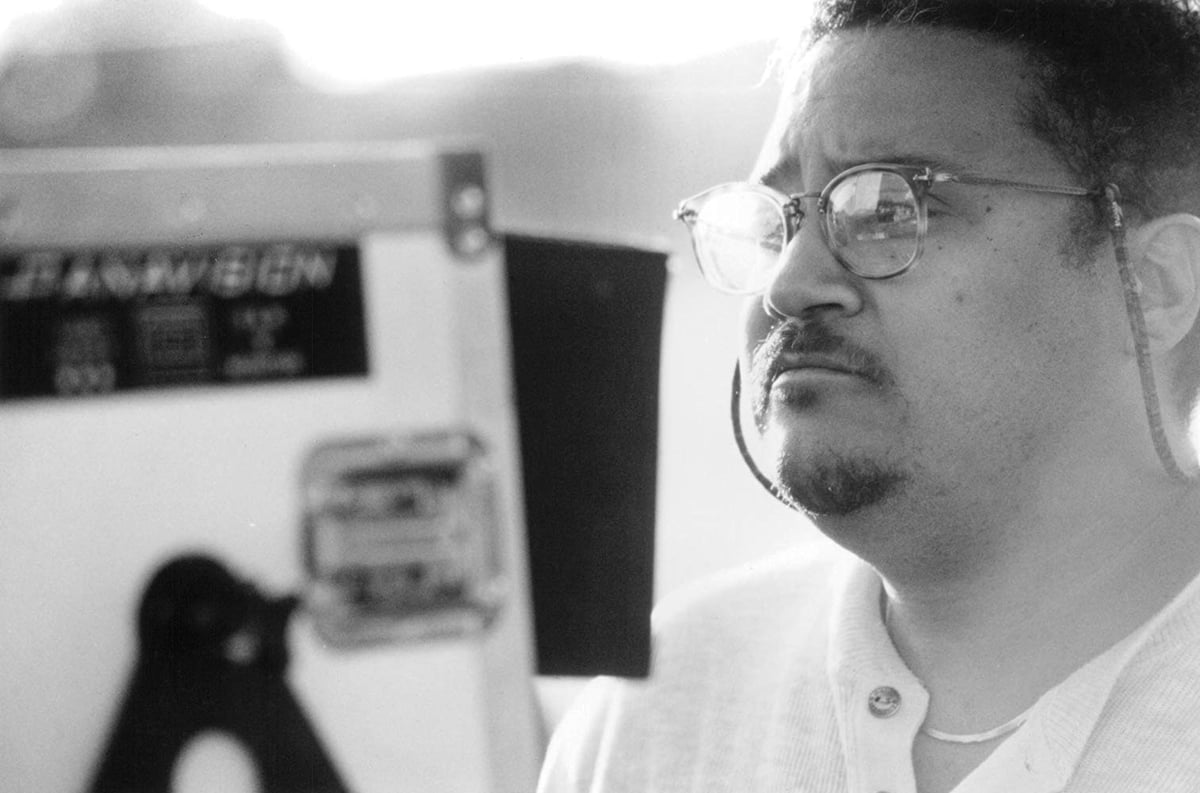Deflating the Black Director Boom of the 1990s

In the early 1990s, there was a mini-boom of films made by black filmmakers. Spike Lee and John Singleton led the way, but there was also Ernest Dickerson (who’d been Lee’s director of photography), Julie Dash, Matty Rich, Darnell Martin, and more. The New York Times talked to a good-sized group of these directors about their careers, and how each of them, separately, found themselves in “director jail,” unable to get new projects or find new collaborators. It’s a pretty riveting conversation.
Dickerson is a favorite of mine — in addition to directing Juice and working as DP during Lee’s great period, from She’s Got To Have It to Malcolm X, he’s done terrific work for television. Here’s his story:
I made a movie called “Bulletproof,” with Damon Wayans and Adam Sandler. Working on that film was the only time I ever got mad enough to punch a hole in the editing room wall. It was supposed to be a raunchy, R-rated comedy slanted more for an adult audience. But I could see we had trouble when they were giving out tickets to 15- to 16-year-old kids at the first preview. Afterward, I had to really sanitize the relationships. It meant savaging the movie.
It still opened at No. 1, but I got the worst reviews of my career. I was criticized for not having everything I was told to take out. I had several projects lined up — I had been developing “Blade,” with Wesley Snipes. The whole idea of where “Blade” went was mine. But the producers looked to “Bulletproof” and thought I had completely lost my street cred. After that, nobody would touch me. I think I’m still in jail, in a way, because I’m doing television. [Dickerson — like many of his peers, including Martin and Dash — has found work on the small screen, with credits on “The Wire” and “The Walking Dead.”] I consider myself a filmmaker who’s working in television.
A common thread through all of the stories is articulated by Ted Witcher:
White people get more bites of the apple. That’s just true. You can fail three, four times and still have a career. But if you’re black, you really can only fail once.





Stay Connected